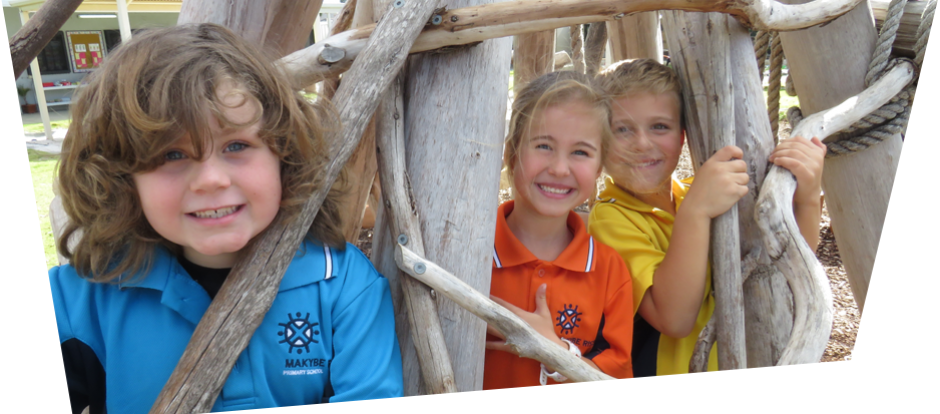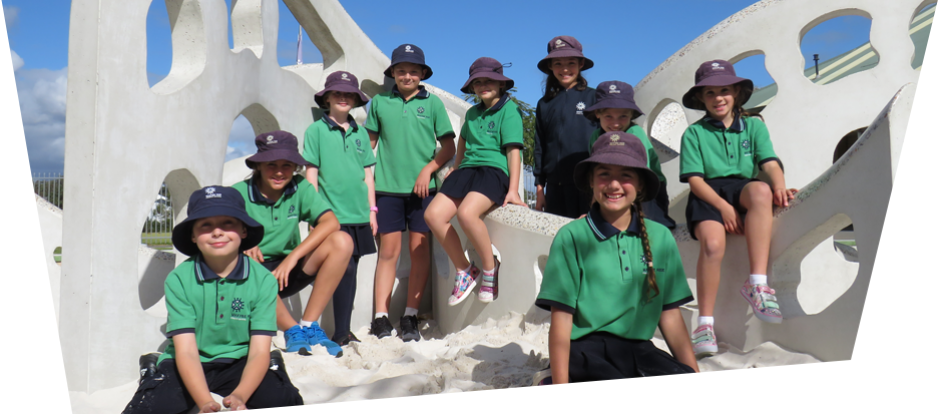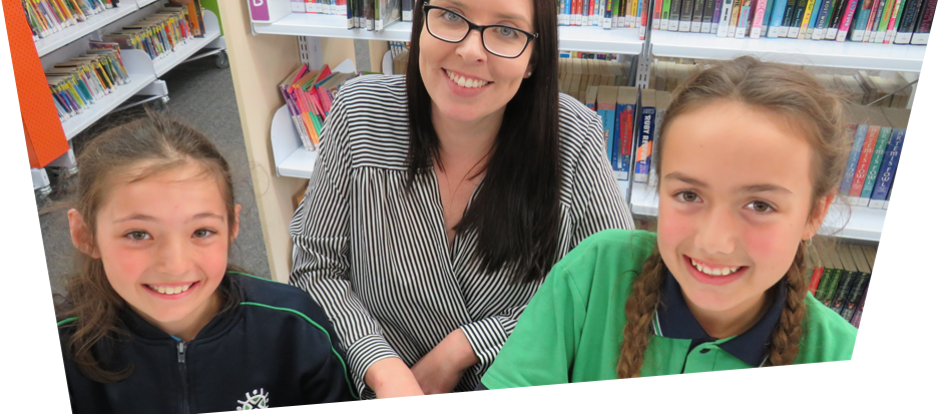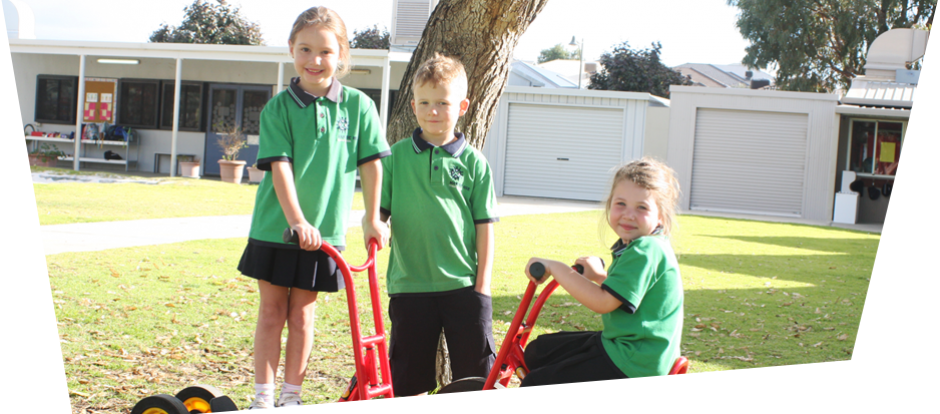The Humanities and Social Sciences (HaSS) learning area is made up of four subjects: History, Geography, Civics and Citizenship and Business and Economics.
At Makybe Rise, HaSS is taught through a process of inquiry and investigation. The inquiry process allows students to ask relevant questions, critically analyse and interpret varying sources of information, respect and explain different perspectives and communicate their research findings effectively. Students are able to appreciate how the world and its people have changed over time from a social, economic and political perspective. Students develop a knowledge, understanding and appreciation of Australia’s diverse society.
Foundation to Year 2
In Foundation to Year 2 HaSS is centred on History and Geography. This stage of the curriculum has a strong focus on an awareness of family history and community heritage. Our children learn about their own social and geographical context of family, friends and school and the significance of the past. They engage with the remains of the past; develop a concept of time as present, past and future and through role-play and use their imagination to speculate about the lives of others in the past.
Year 3 to 6
In Year 3 and 4 students study History, Geography and Civics and Citizenship. Years 5 and 6 also study Business and Economics. At this stage of the curriculum, students use a range of sources to explore their local, national and global context. There is a strong emphasis on developing an understanding of the past and present experiences of Aboriginal and Torres Strait Islander peoples, their identity and the continuing value of their culture. Students explore the shared history of Aboriginal people as a result of the discovery and subsequent British colonisation of Australia. The journey of the First Fleet and early days of settlement around the Swan River Colony and the impact colonisation had on Aboriginal people and their culture form the basis of the curriculum. In Geography students learn about the changes that have occurred in local areas as a result of settlement and the different influences that has had on the development of Australian identities and heritage, and about the similarities and differences between places around the world. In Civics and Citizenship students learn about the development and application of democracy in Australia and the history of the people, places and events of historical significance leading up to and including Federation. In Business and Economics students learn about making choices as consumers and concepts such as scarcity, specialisation and trade. In this way, students develop an understanding of the heritage of their community and of their ability to contribute to it. They become aware of similarities and differences between people and become more aware of diversity in the wider community as well as the concept of change over time.
Students use AVID strategies when they read, write and inquire about historical matters. They take notes, ask questions that compare times from the past with their own experiences and reflect on their learning. Students are given opportunities to collaborate with others and discuss what they have learnt through the inquiry process.







